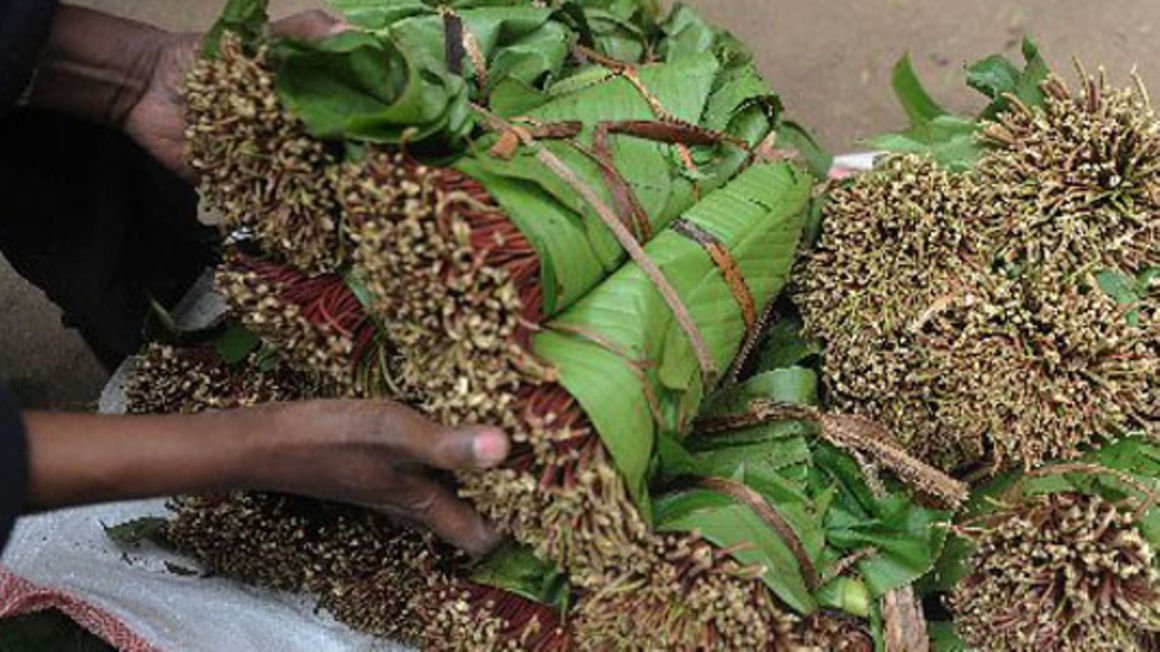A trader sorts miraa bundles. FILE PHOTO | NMG The Kenya Bureau of Standards (Kebs) has approved a new code of conduct for the miraa sector to promote quality standards during harvesting, packaging, and loading.
The Kenya Code of Practice for the miraa (khat) standards requires growers, propagators, aggregators, transporters, shippers and cargo handlers to observe hygiene practices, ensure sanitary operations and comply with food packaging requirements.
Others include keeping relevant records and labelling system for traceability as well as upholding worker’s health, safety and welfare issues. “The code of practice will ensure hygienic production and handling from the farms to final distribution channels,” Bernard Njiraini, Kebs managing director said.
The code of practice was developed in consultation with the Industrialisation, Agriculture, Livestock and Cooperatives ministries as well as the Crop Directorate, Agriculture and Food Authority, Pharmacy and Poisons Boards, Government Chemist, and the Kenya Plant Health Inspectorate Service, among other stakeholders.
“Additionally, the new guidelines will be used by the sector regulators for registration and certification of operators along the entire value chain. This will facilitate businesses to meet market and pre-export sanitary and phytosanitary requirements,” Mr Njiraini added.
In April, Kimathi Munjuri, chairman of Nyambene Miraa Traders Association hailed the move as historic.
“We are starting to see the results of years of struggle to ensure the government secures market for miraa which the Ministry of Agriculture recognises as a scheduled crop just like tea or coffee. We request the standards agency to fast-track the process so that the government can start marketing the crop internationally,” said Mr Munjuri.
The move will boost miraa sales in Nordic countries and the Middle East where farmers can earn millions of shillings.
In April 2016, miraa farmers received a Sh1 billion State funding to cushion them from the challenges brought about by the ban of miraa in the European markets two earlier.
